Wheelchair rugby was invented in 1977 and combines a unique mix of elements from other sports like rugby, basketball, volleyball, and ice hockey.
It is also the only Paralympic sport in which wheelchairs are allowed to collide. To learn more about this powerful sport, we spoke with Tomoshige Kabetani , who plays for the Japanese national wheelchair rugby team.
As well as being an accomplished athlete, Kabetani is also a licensed dentist. We caught up with Kabetani to explore the sport in a little more depth and explore Tokyo a little deeper along the way too.
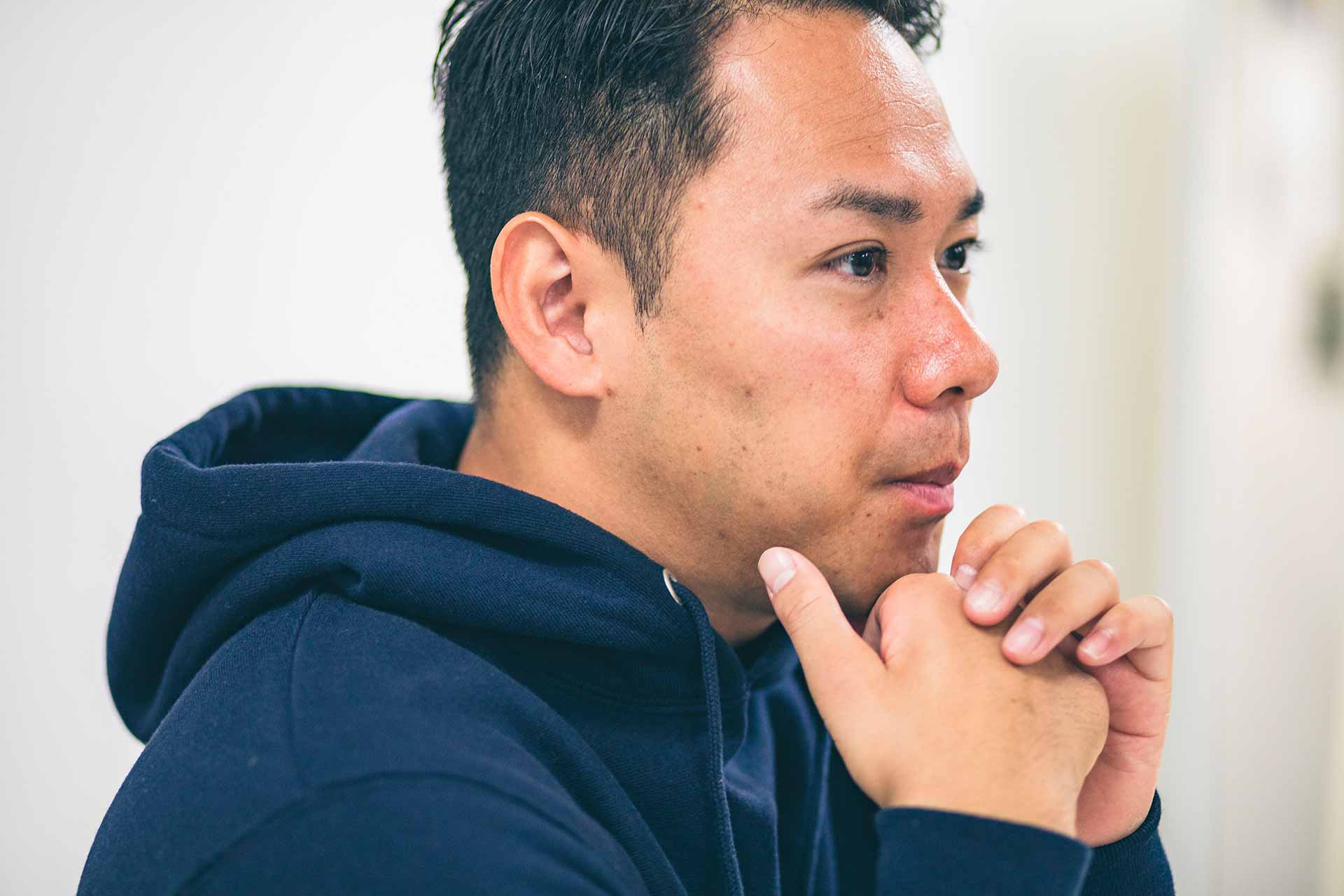
In November 2012, Kabetani was working as a medical volunteer in Cambodia. During his time there, he was involved in an accident that left him hospitalized.
Kabetani retells the experience. “I was hospitalized for a month in Cambodia, where I had the accident, and after returning to Japan, it took me about a year to get out of the hospital due to repeated surgeries and rehabilitation.”
“There were times when I felt hopeless because of the sudden loss of my physical freedom, but on the other hand, there was also a part of me that calmly realized that I had completely changed the stage of my life.”
The life-changing event occurred just as he was taking his first steps as a dentist. He obtained his dental license in March of the same year and was going to do something useful for the world.
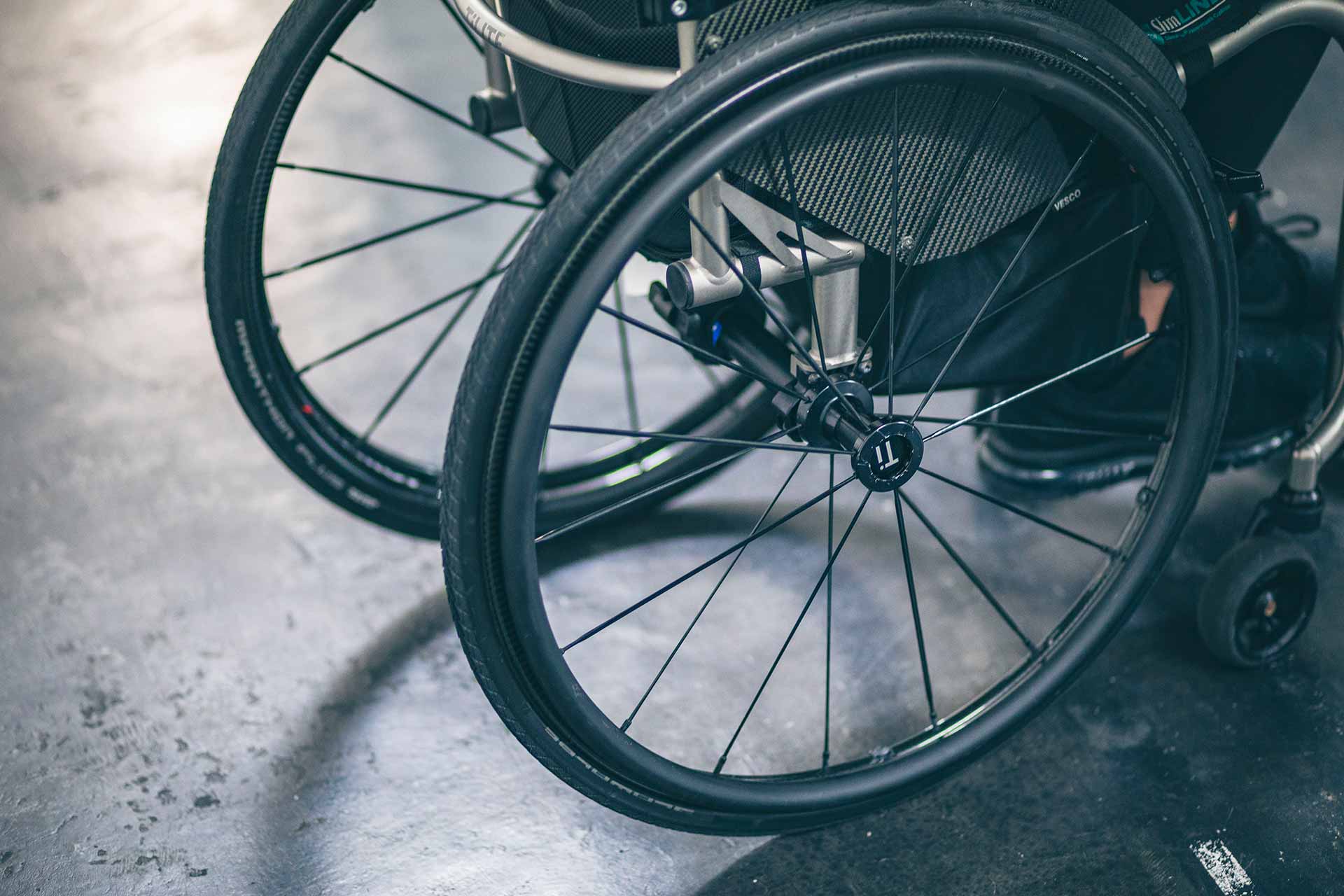
What was his impetus for taking up wheelchair rugby? “I learned about wheelchair rugby while doing sports as part of my rehabilitation. I have always liked team sports and played basketball since childhood. However, I lost my grip strength in both hands, so I couldn’t play wheelchair basketball. So, wheelchair rugby was recommended to me as a sport similar to basketball in terms of team sports and suited my disability. I chose what I could do according to my physical condition, not what I wanted to do. This was the first time I learned this was one way to choose para-sports.”
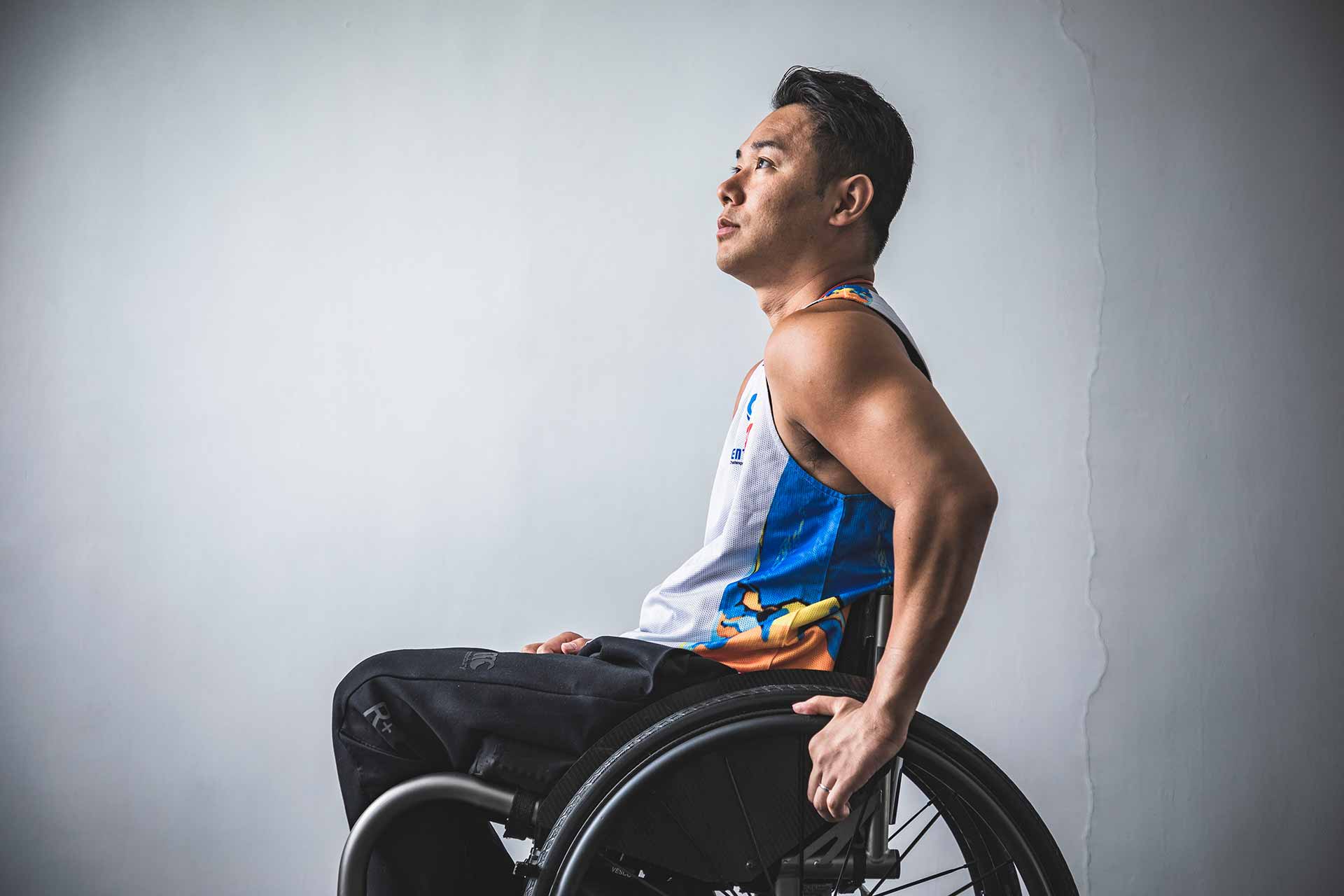
Violent collisions between wheelchairs characterize wheelchair rugby. The game’s intensity may seem quite different from watching it or playing it.
“The wheelchair rugby is a very intense competition,” said Kabetani. “You cannot move 80% of your body, but you have to maneuver a 20 kg wheelchair by yourself, and then the other person’s wheelchair comes crashing down on you. In the beginning, it was hard physically and mentally, and it took me about two years to find enjoyment and fun in it.”
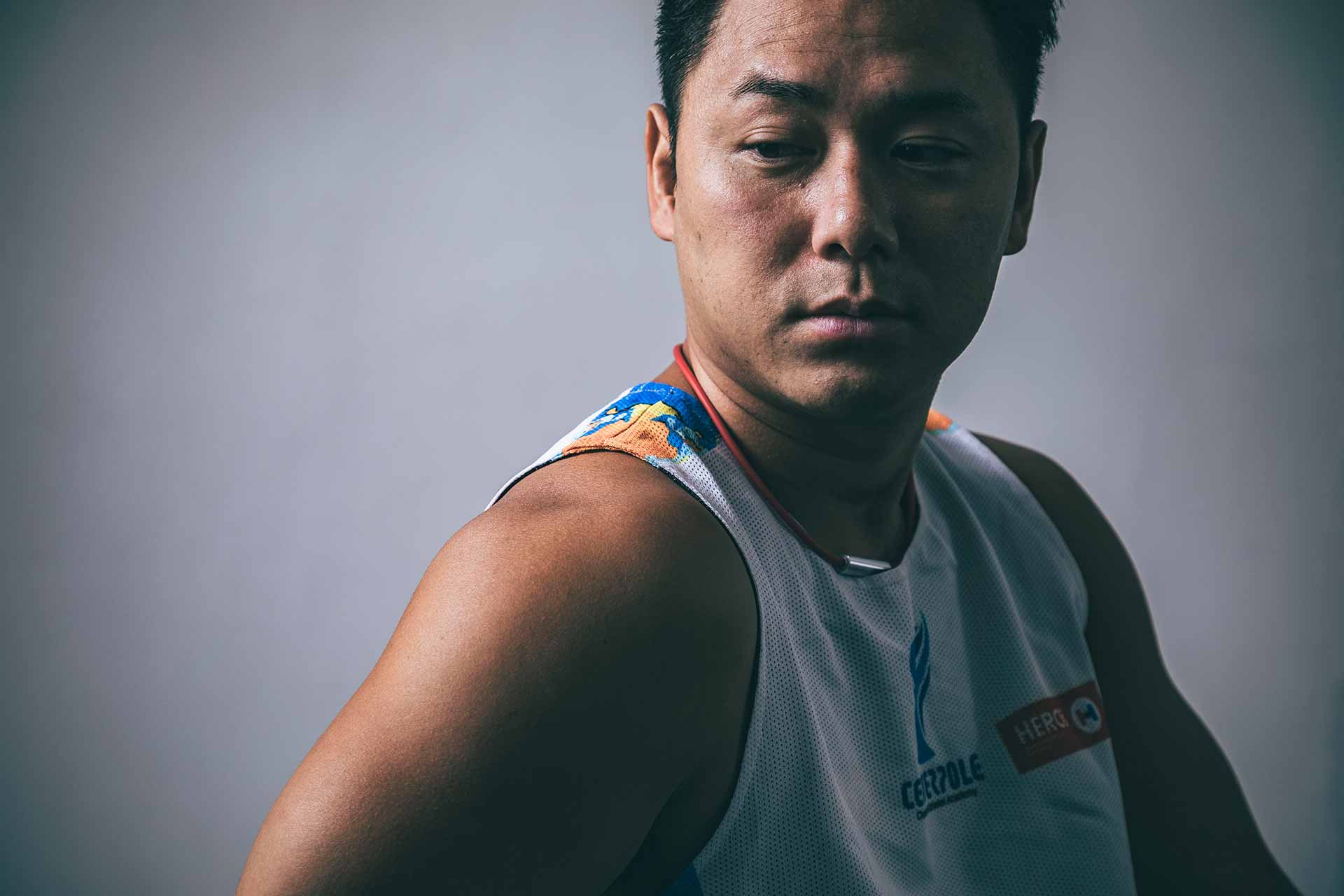
But he didn’t quit because he had too much to gain, Kabetani explains. “I was also attracted to the people I met through the sport. I was inspired by my friends who had started playing wheelchair rugby under similar circumstances and were competing in tournaments and doing their best.“
“I was also surprised at first to see that they were living the same lifestyle as non-disabled people, driving cars to the venue and inviting their lovely partners and children to the games. At the time, I was continuing my rehabilitation while studying in graduate school. I saw the bright lights of people making a good living and supporting their families as athletes, and I felt like I was being shown my own future.”
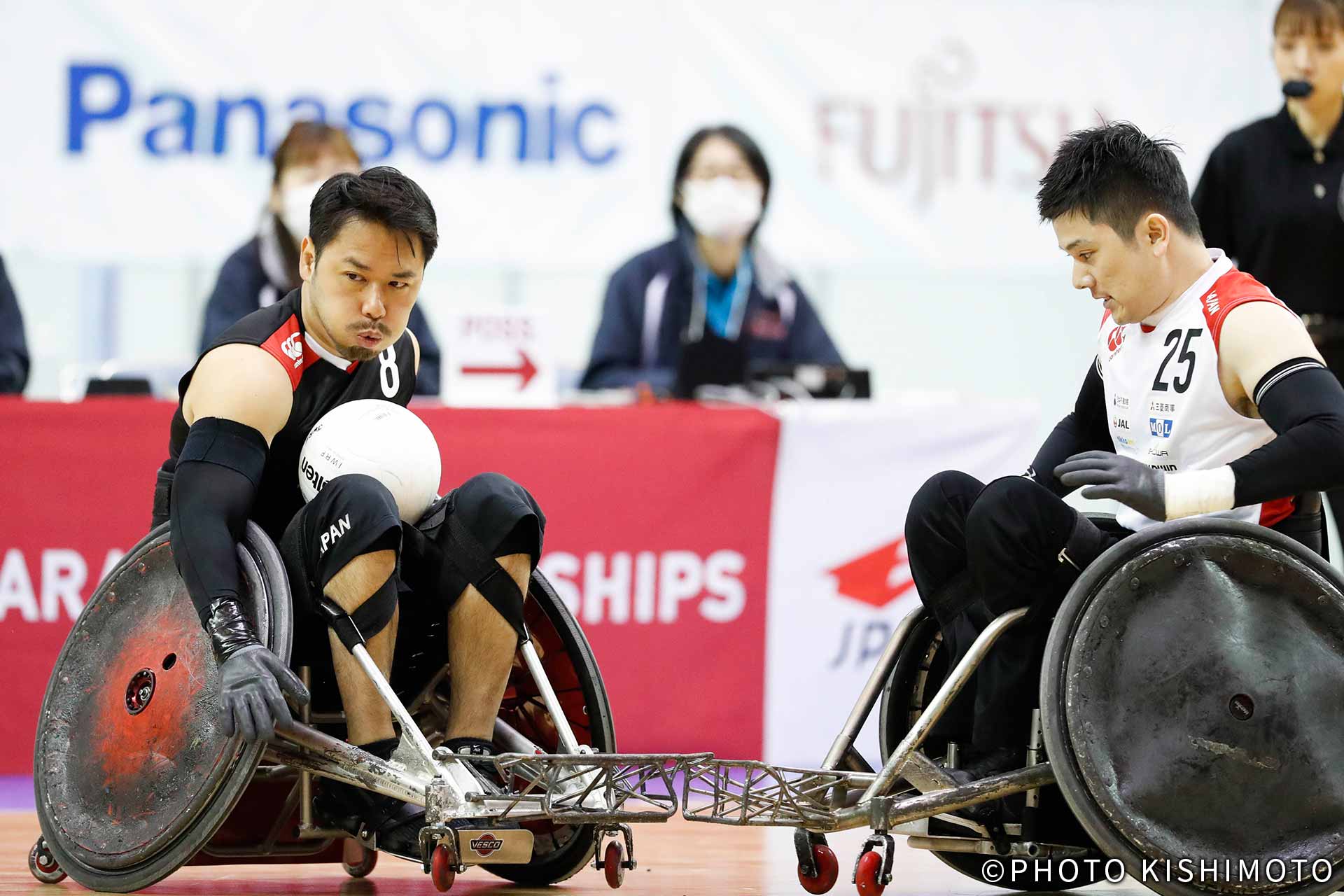
Kabetani explains just why he loves the sport so much. “Wheelchair rugby is a breathtakingly close game, with fierce clashes between wheelchairs and the players’ passion. I think this is the real appeal of wheelchair rugby. The offense and defense switch rapidly during the game, and the scoring is fierce. Mistakes can be fatal, and the spectators are kept on the edge of their seats. You can’t take your eyes off the game for even a second.”
“It is a competition where skill and physicality come into play, as the players maneuver their wheelchairs agilely and tackle fiercely. On the other hand, it’s also interesting to build up a game by using your skills and strategy with your head.“
“Before a match, I input the characteristics of the opposing team into my mind, and when the time comes to play, how much I can output is a challenge for me. This is a competition that requires mental toughness as well as physical toughness, and I think that is why it is so deep and enjoyable for both the competitor and the spectator.”
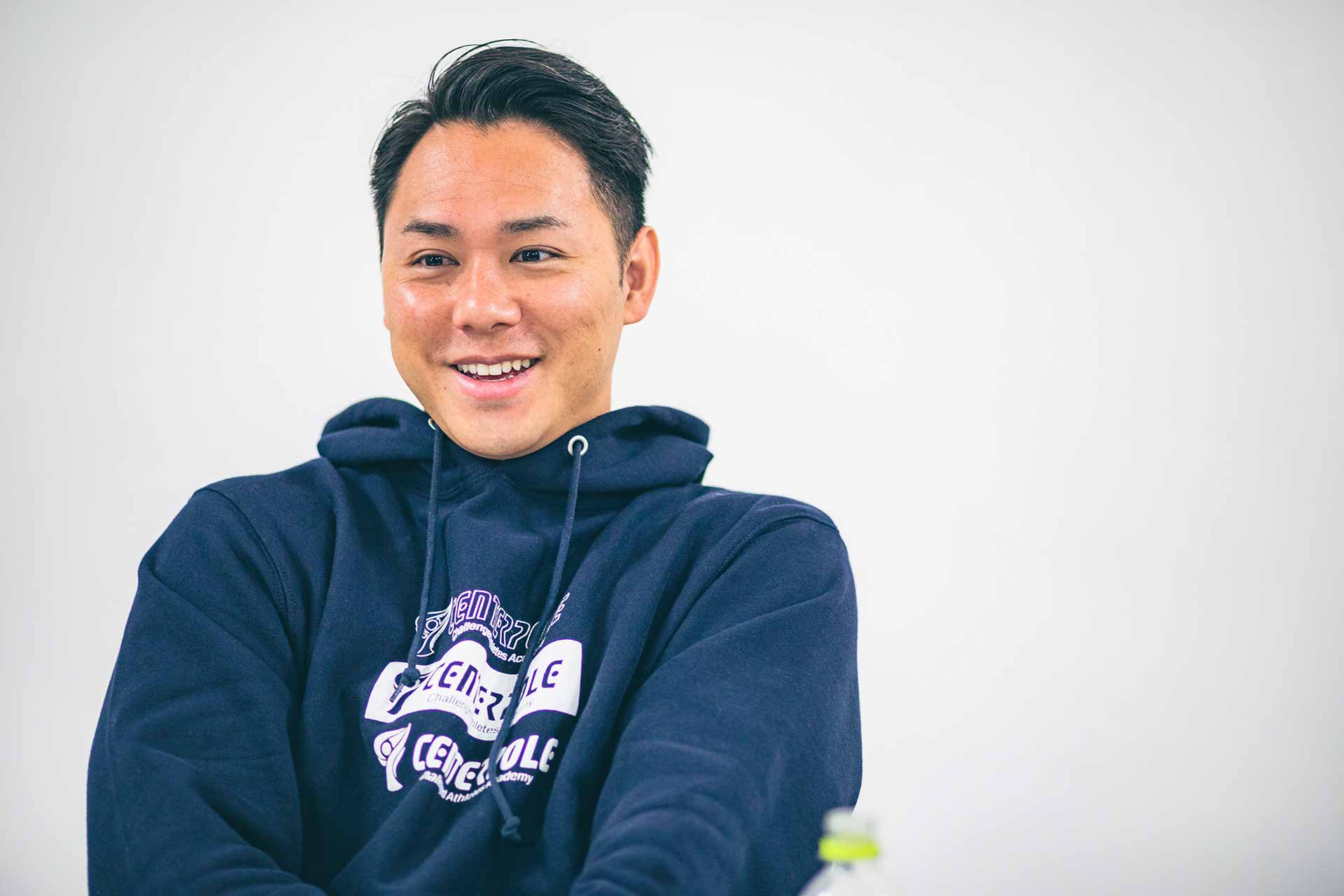
Kabetani walks us through the most memorable events he’s participated in.
“I was playing for the U.S. team in 2018 and had the opportunity to train with Mike Whitehead, who plays for the Canadian team. At that time, I was happy that he said to me, ‘I hope to compete with you in an international tournament someday.’ That came true at the Canada Cup last June! And in the final, I was selected in the starting lineup, and Mike was on the Canadian team. “
” The match was a close one that went into overtime. And Japan achieved a magnificent victory. I was able to play on the same court as the star player I admired, and the Japanese team won the tournament and became No. 1 in the world ranking. It was a match that made me feel happy.”
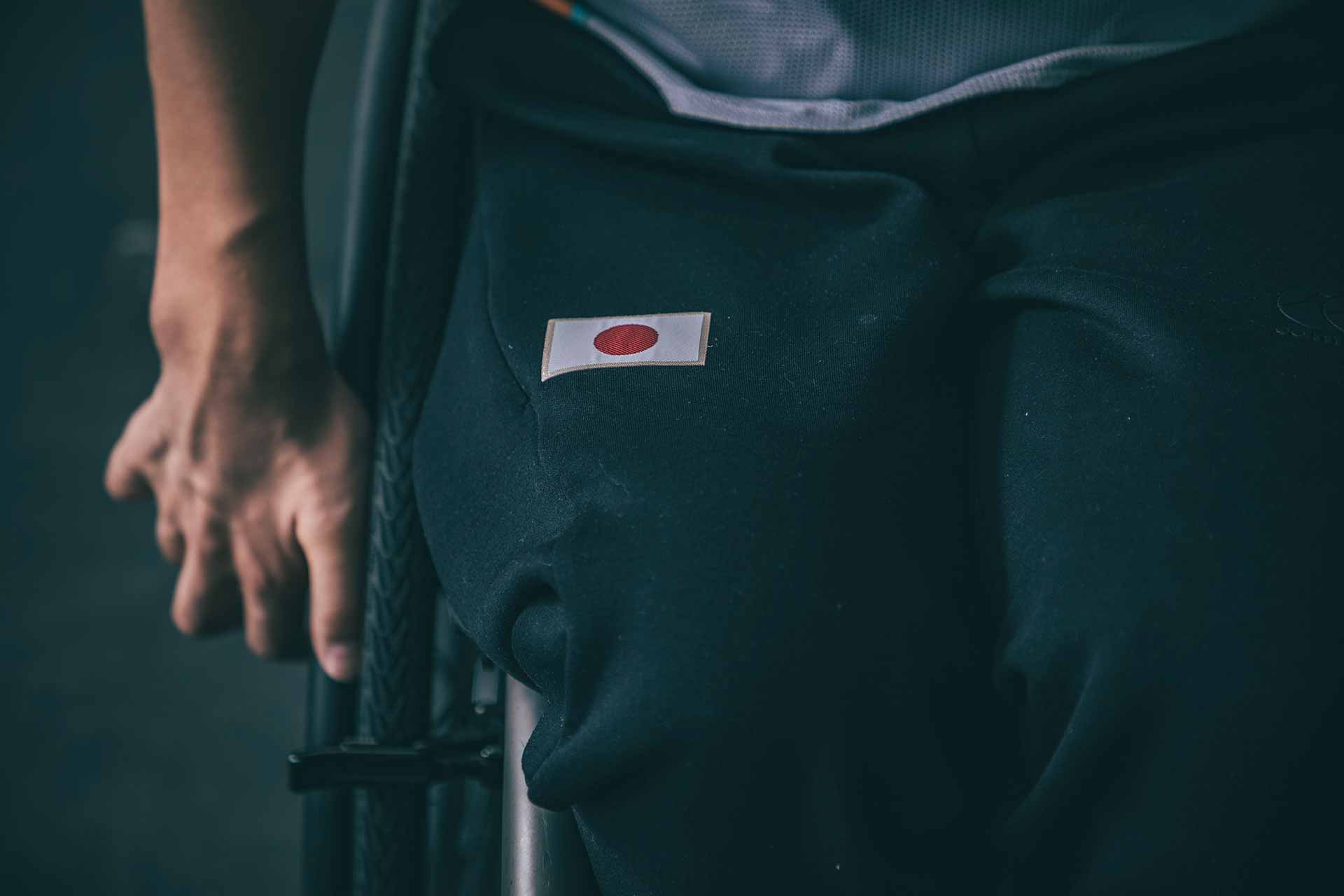
“Japan’s national team won the Tokyo 2020 Paralympic Games bronze medal,” says Kabetani. The 2023 World Wheelchair Rugby Asia Oceania Championships, a qualifier for the Paris 2024 Games, will be held at the end of June.
“We are very excited about it because it is an important tournament in which the only one slot for the Asia Oceania region is up for grabs.”
“Our goal,” Kabetani continues, “is to win the World Championships against the strong Australian team. The Japanese team is characterized by its mature and highly developed organizational skills. In this situation, I will try to play calmly and without getting emotional, and I’ll do my best to score as many goals as possible. Please look forward to seeing what I can do.”
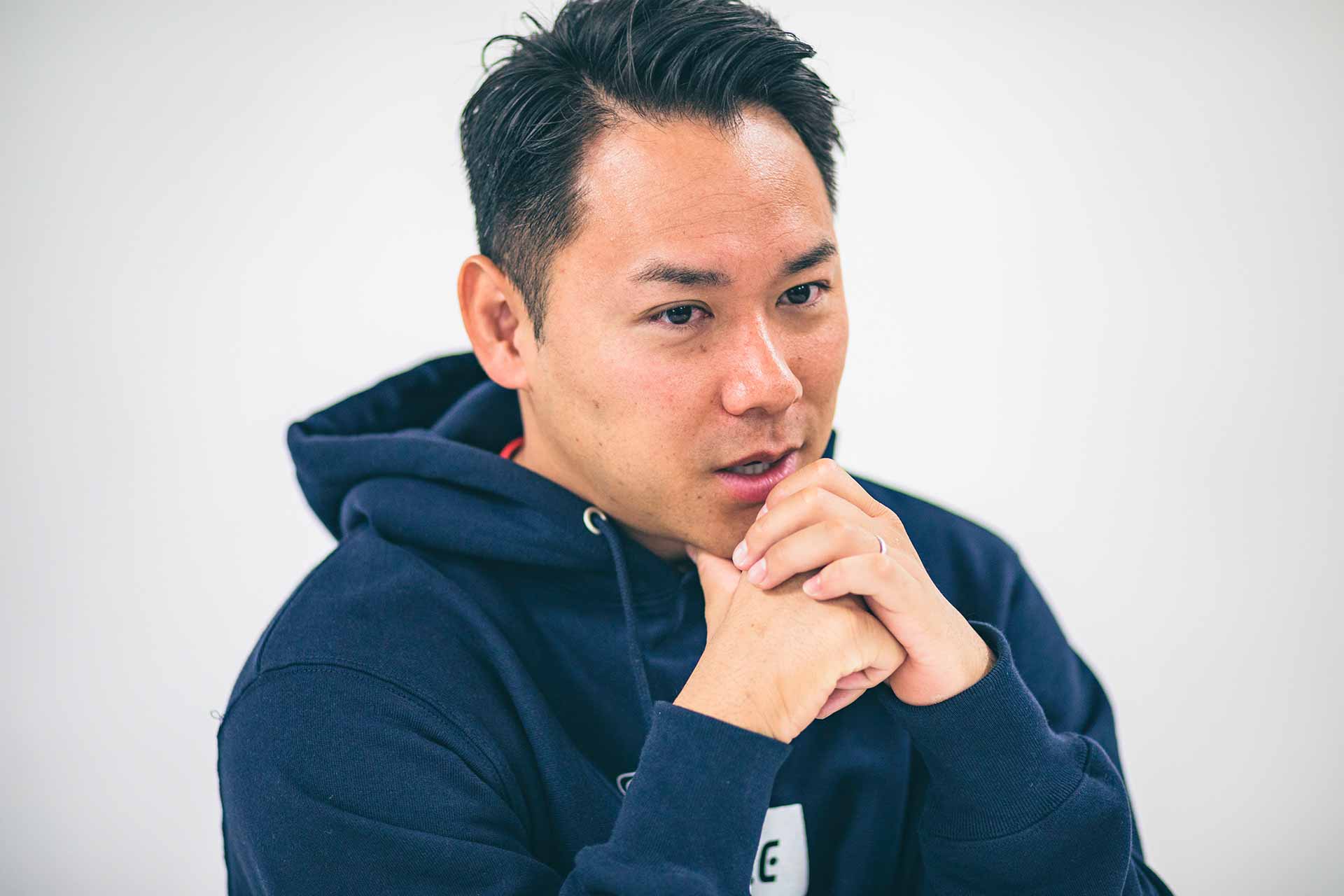
Tokyo will be the stage for the Paralympic qualifiers, where the team’s fate will be decided, and Kabetani is excited as it’s a city close to his heart.
“Even though it is a city, it has a lot of nature,” Kabetani explains “and even in the same place in spring, summer, fall, and winter, the flowers bloom, the trees look different, and the atmosphere of the city changes dramatically depending on the season.”
“In terms of food, ramen is highly regarded by both Japanese and foreigners alike, and the quality of the food is quite good for about $10, and you can enjoy a variety of tastes at different restaurants. Try it between sporting events.”
<Profile>
KABETANI Tomoshige
Born in Nara Prefecture in 1987. After obtaining his dental license, he had an accident in Cambodia as a medical volunteer that damaged his spinal cord.
He learned about wheelchair rugby at the hospital, where he was hospitalized for rehabilitation and started playing the sport. 2018: Selected as the best player in the Japan Wheelchair Rugby Championship. 2019: Winner of the Japan Wheelchair Rugby Championship.
Currently based in Okinawa, Japan, he is a candidate for the Japanese national wheelchair rugby team and is aiming to compete in the Paralympics.